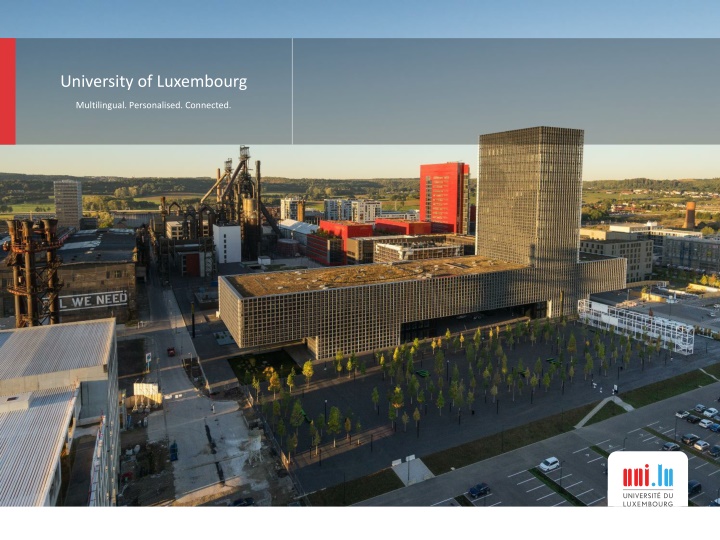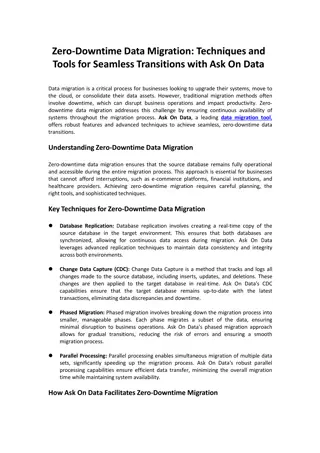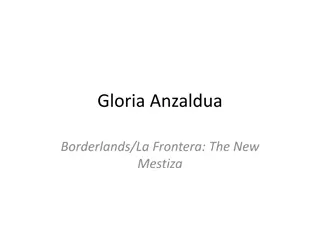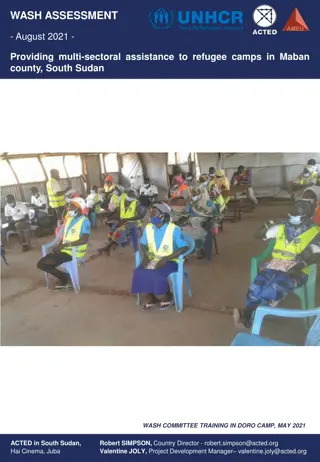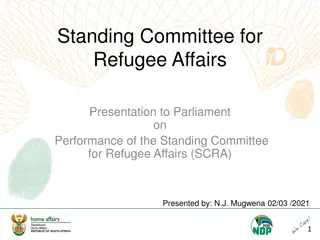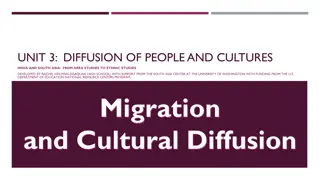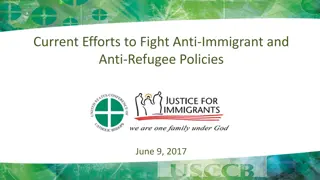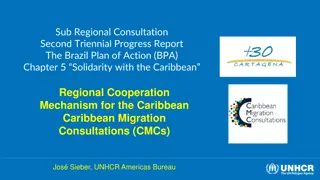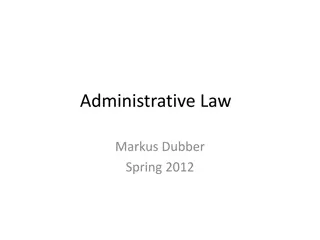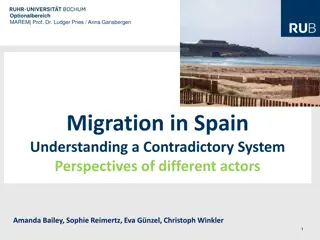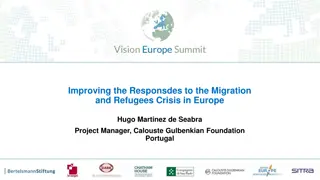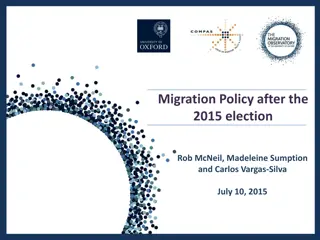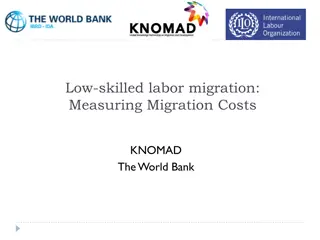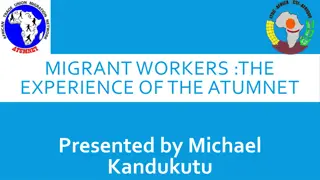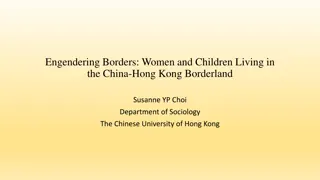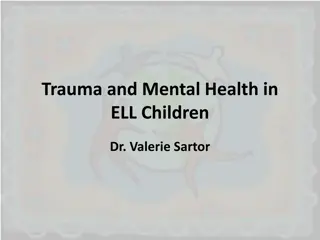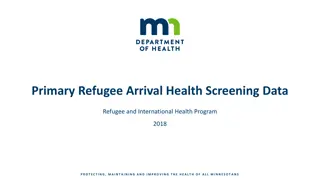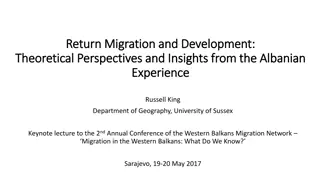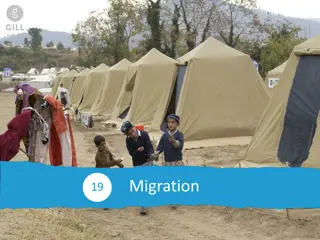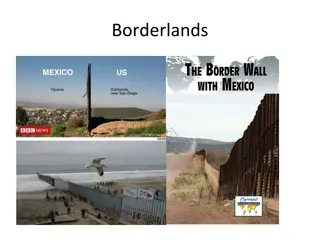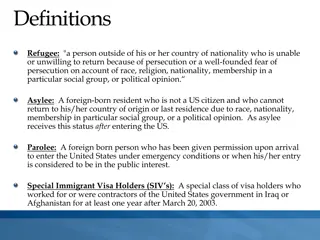Historical Perspectives on Migration, Borderlands, and Refugee Law in Europe
Exploring various historical aspects related to migration, borderlands, and international law in 20th-century Europe. The content delves into the development of international laws for refugees, ethnic cleansing, the origin of the word "refugee," the birth of international refugee law, and the League of Nations' role in managing migrants and border regions. These topics shed light on the complexity and evolution of policies and attitudes towards migration and refugees in European history.
Download Presentation

Please find below an Image/Link to download the presentation.
The content on the website is provided AS IS for your information and personal use only. It may not be sold, licensed, or shared on other websites without obtaining consent from the author.If you encounter any issues during the download, it is possible that the publisher has removed the file from their server.
You are allowed to download the files provided on this website for personal or commercial use, subject to the condition that they are used lawfully. All files are the property of their respective owners.
The content on the website is provided AS IS for your information and personal use only. It may not be sold, licensed, or shared on other websites without obtaining consent from the author.
E N D
Presentation Transcript
University of Luxembourg Multilingual. Personalised. Connected.
Migration, Borderlands and International Law in 20th Century Continental Europe - Keynote Prof. Dr. Machteld VENKEN * 18.01.2021
Historians and time PROPOSITIONS 1) From a historian s point of view, currently, there is no migration crisis 2) A reading of 20th Century history: - on the one hand: Europeans discovered humanitarianism, universal human rights, the appreciation of diverse cultures (Betts, Ruin and Renewal , 2020) => the development of international laws for refugees and acceptance of European host societies is context-specific and can change - on the other hand: ethnic cleansing as a constant feature that is inherent to nationalisation
The origin of the word refugee r fugi : religious intolerance persecution of protestant Huguenots in France Saint Bartholomew s Day massacre in 1572 / revocation of the Edict of Nantes in 1985 Painting: Fran ois Dubois (Wiki commons) - - - -
The birth of international refugee law - Nationalism: ideology preaching normative isomorphism: one nation = one religion = one language (Kamusella, 2006) => dark side (Ther 2014) destroys Southern Eastern Europe during the Balkan wars - during/ after World War I: - 13 million people uprooted League of Nations and its - High Commissioner for Refugees (Fridtjof Nansen, 1921) - communism stateless, internat. recognized - refugee travel documents 1922-38 Wiki commons
The League of Nations, migrants and border regions - More borderland inhabitants than people with refugee status saw their birth grounds switching state sovereignty - Thinking in terms of borderlands, language and children (Venken. Peripheries at the Centre 2021) - Paternalist institution: East-West divide / comparing Polish and Belgian borderlands - International law: - Minority Treaty and Geneva Convention in Polish Upper Silesia: German speakers received facilities as a group => jeu d chelle and comparison >< - Belgium as a better protector of minority rights / national representatives are indifferent towards the Belgian borderlands
Changing times - LoN created Convention for Refugees from Germany (1933), from Austria (1938), but countries are less willing to accept refugees e.g. vian Conference 1938 and Jewish Refugee Problem - 1940s minimum 30 million people uprooted
Changing times for international refugee law - UNRRA / 1946 creation of the International Refugee Organisation: dealing with Displaced Persons / in 1950 changed into UNHCR - UN 1948 Universal Declaration of Human Rights - Geneva Refugee Convention 1951 for Europe / 1967 world - Rights as individual, not as a minority group - status limited to political refugees, war or civil war is not a criterion (because of historical context: persecution of communism and national socialism) - No attention for borderland inhabitants: foresees a one-dimensional integration of European borderlands within their nation-states: eg. 12 million fleeing to Germany after WW II
In the best interest of the child: unaccompanied refugee children Journal of Borderlands Studies, April 2021 1) Polish-Ukrainian borderland Displaced Persons (late 1940s): - The principle was flexible: ignore the repatriation dictate to the Soviet Union included in the Treaty of Yalta and led more children emigrate to Western countries. - New = child protection takes precedence over the rights of an individual country over its children (Gnydiuk 2021) 2) Balkan corridor / Slavonski Brod transit refugee camp (2015/16) - the camp as a site where the concept of a lone child in migration was defined and re-defined in practice (Hamer ak and Ple e 2021) - children as competent social actors who adjusted their behavior in accordance with the changing norms guiding the movement of people 3) the European Return Platform for Unaccompanied Minors (ERPUM, 2006/18) coordinated by Sweden and participated by Norway, United Kingdom, Netherlands, Denmark, and Sweden (Lemberg-Pedersen 2021): - portraying unaccompanied minors as being at risk and deportation as a way to empower displaced children - nationalist goals are framed as universal child rights
The Cold War and the Yugoslav Wars - 1956-1981: refugees from Central and Eastern Europe: quick, effective and motivated by solidarity e.g. the two Germanies: While the border held, refugees portrayed as political victims, when those borders were porous (before the construction of the Berlin Wall and in 1988/1989, those who arrived were cast as illegitimate economic migrants (Hicks 2022, De Gruyter Book Series Migrations in History ) - 1990s: Yugoslav wars: - comparable numbers of refugees with recent migration crisis - no legal Convention refugees; often receive temporary refugee status - EU-Dublin regulation: asylum to be applied for in country of arrival. - the existence of the right to remain at home (as preventive protection) essentially undermines the right of seeking asylum (Barutciski 1994)
Conclusion * A reading of 20th Century history as: - a European legacy of liberal and moderate values included in international law, both which may again be in danger today - Ethnic cleansing / intolerance for the other as inherent to nationalism, especially visible in refugee policy and in borderlands Das gr sste Fl chtlingsdrama spielte sich in der Mitte Europas ab und es widerlegt alle Mythen von guten, humanit ren Westen, der, stets um Menschenrechte bem ht, der Welt die UN-Fl chtlingskonvention schenkte (Ther p. 220)
Stay connected with us! @C2DH_LU https://www.facebook.com/c2dh.lu/ www.machteldvenken.com
